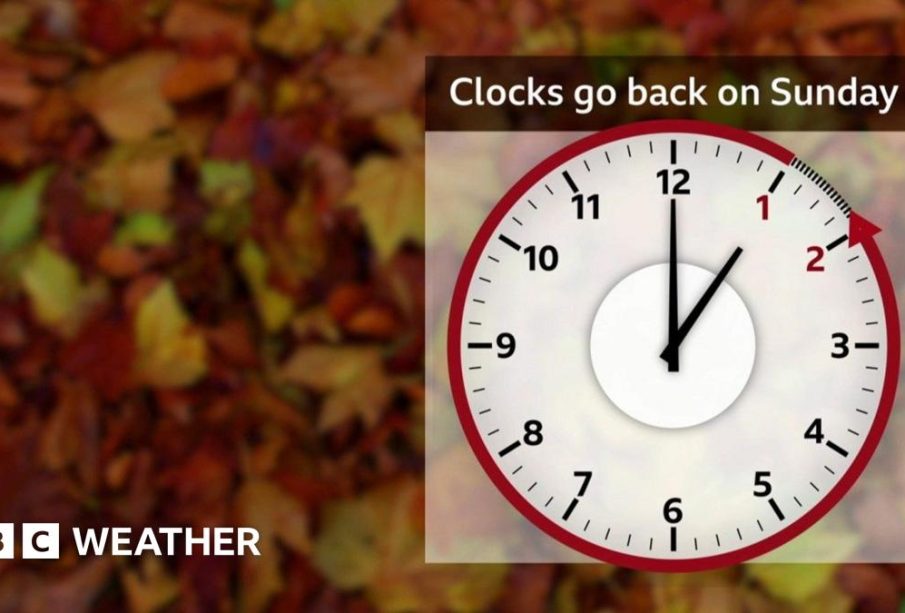Understanding Time Change in the UK: Significance and Impact

The Importance of Time Change in the UK
Time change, particularly the shift to and from Daylight Saving Time (DST), is a significant aspect of life in the UK. Every year, millions of people adjust their routines to accommodate a one-hour shift in time, which has implications for various sectors including agriculture, tourism, and energy consumption. Understanding these changes is crucial for proper planning and adaptation in an ever-evolving society.
When Does the Change Occur?
In the UK, Daylight Saving Time typically begins at 1:00 AM on the last Sunday in March, when clocks are set forward by one hour. This means that at 1:00 AM, the time changes to 2:00 AM, effectively moving an hour of daylight from the morning to the evening. Conversely, the clocks go back one hour at 2:00 AM on the last Sunday in October. This year, the clocks will spring forward on March 26, 2023, and fall back on October 29, 2023.
Benefits and Drawbacks of Time Changes
The primary aim of the time change is to make better use of daylight during the longer days of summer, thus promoting outdoor leisure activities and saving energy. Studies have shown that extending daylight hours can reduce energy consumption, especially in the evenings. However, not everyone agrees on the benefits; some critiques suggest that the disruption to sleep patterns can lead to health issues such as stress and fatigue. It may also cause confusion in international business and travel schedules.
Current Discussions Surrounding Time Change
The debate surrounding time change has gained traction in recent years, with discussions about the potential for making Daylight Saving Time a permanent fixture throughout the year. The European Parliament even voted in 2019 to end the practice of changing the clocks twice a year; however, individual member states, including the UK, have yet to implement these changes. As the UK navigates its post-Brexit identity, the future of time change remains uncertain.
Conclusion
The time change in the UK serves as an annual reminder of the delicate balance between tradition and modernity in our lives. As society continues to evolve, so too may the practices surrounding timekeeping. For the foreseeable future, however, residents will need to adjust their clocks and routines, ensuring they stay in sync with changing times. With ongoing discussions about the future of Daylight Saving Time, it is vital for the public to stay informed and engaged in the conversation surrounding this noteworthy topic.









